The two children squinted to see through the thick smoke that hung in the air after a deafening blast shook their small home in Ukraine’s eastern Donetsk region.
The pair, ages 9 and 10, called out for their father. Only eerie silence followed.
Then Olha Hinkina and her brother, Andrii, rushed to the bomb shelter, as they had been taught. When the booms stopped and the smoke cleared, they found their father on the porch — motionless and covered in blood after being struck by a Russian projectile.
“Father was killed at seven in the morning,” said Andrii, who now lives in the safer western city of Lviv, near the border with Poland.
The two siblings join a generation of Ukrainian children whose lives have been upended by the war. Russia’s full-scale invasion has subjected them to constant bombardment, uprooted millions from their homes and turned many into orphans.
Hundreds of kids have been killed. For the survivors, the wide-ranging trauma is certain to leave psychological scars that will follow them into adolescence and adulthood.
“Even if children fled to a safer area, it doesn’t mean they forgot everything that happened to them,” said psychologist Oleksandra Volokhova, who works with children who escaped the violence.
At least 483 children have lost their lives and nearly 1,000 have been wounded, according to figures from Ukraine’s general prosecutor’s office.
Meanwhile, UNICEF says an estimated 1.5 million Ukrainian children are at risk of depression, anxiety, post-traumatic stress disorder and other mental health issues, with potentially lasting effects.
Nearly 1,500 Ukrainian children have been orphaned, the National Social Service of Ukraine said.
The largest number of child casualties comes from Donetsk, the epicenter of many battles, where 462 children have been killed or wounded, according to Ukrainian officials.
That figure does not include casualties from the Russian occupied city of Mariupol, which is also part of Donetsk province, where Ukrainian officials have found it difficult to track the dead and wounded.
Before the war tore them apart, the Hinkin family was like any other living in the village of Torske, which today is just 35 kilometers (22 miles) from the front.
With the death of their father in October, the children were orphaned. Their mother died years before the war.
Six months later, the siblings appear to be moving past the worst of their ordeal.
Police and volunteers evacuated them to a safer area in western Zakarpattia region, where they were cared for by government social services and a Ukrainian charity organization called SOS Children’s Villages, which provided housing and counseling.
Their story became known in and around Torske after police released a widely seen video that showed their father’s body being removed from the family home.
“We knew the village. We knew where they lived. We knew these people,” said Nina Poliakova, 52, from the nearby town of Lyman.
Although she fled last year with her family to Lviv, Poliakova continued to follow news from her native area. Then tragedy struck her life as well when her 16-year-old foster son died suddenly from a heart condition.
She also has a 16-year-old foster daughter she took in with her husband in 2016 from the occupied town of Horlivka, where hostilities with Russian-backed separatists began, years before the 2022 invasion.
Mired in grief, Poliakova received a call one day from a local center supporting children. The caller asked if she would be willing to meet the Hinkin siblings.
At their first meeting, they talked mostly about the Hinkin family home and the domestic animals they had. One of Andrii’s favorite activities was to feed the pigs.
Poliakova decided to welcome the two children into her extended family.
“We had that tragedy in our family, and then fate just brought us together,” Poliakova said. “Now many children have been left alone, without parents. Children need care, love. They seek to be embraced and comforted.”
Many foundations have emerged to help children overcome the trauma of war, including a group called Voices of Children, which has processed around 700 requests from parents looking for help with children suffering from chronic stress, panic attacks and symptoms of PTSD.
The pleas have changed as the war has progressed, according to a report issued by the charity. During this past winter, parents sought help after noticing behavioral changes in their children including apathy, aggression and anxiety, sensitivity to loud noises and anti-social habits.
“A child’s psyche remains more malleable than that of adults, and with timely and quality support, we understand that a child can more easily overcome any traumatic events,” said Olena Rozvadovska, the head of Voices of Children.
Recovering from months living so close to combat lines was difficult for the siblings, Poliakova said.
“They were very scared,” she said. Olha would cry and hug her every time she heard the air-raid sirens. Andrii was relatively calm during the day but would start screaming in the middle of the night.
A charity known as Sincere Heart has operated short-term recovery camps for children and their mothers since the start of the invasion last year. More than 8,000 people have used the camp services.
Poliakova took her three foster children there. She wanted to help revive the childhood they lost to the war.
At the camp they played with other children who had similar experiences and took part in art sessions, dance classes and other activities designed to help children express emotions.
Sounds of laughter and play resonate at the camp full of kids from the war-ravaged regions of Donetsk, Luhansk, Zaporizhzhia, Kherson and other areas. Many witnessed bombings and experienced the loss of a parent. Some recovered from war-related wounds.
During an art session, the children were given white T-shirts and instructed to express their feelings through drawing. Most painted in the blue and yellow of the Ukrainian flag and scribbled the phrase “glory to Ukraine.”
Olha Hinkina painted a heart in blue and yellow.
“Children reflect what lies on the surface,” Rozvadovska said. “They are growing up in an atmosphere of the colors of our flag, the daily updates from the front line, the pride for the army that is standing.”
Recovery is within reach for the children, she added. They can grow stronger because they have survived.
“They carry the experience that helped them to survive,” she said. “Maybe it even made them more resilient and adaptive.”
When Andrii Hinkin remembers his hometown, he doesn’t recall the bombs, the smoke or the thunderous explosions. He remembers it as a beautiful village.
Asked what are his biggest dreams, he responds timidly. “I want to grow up.”
-AP




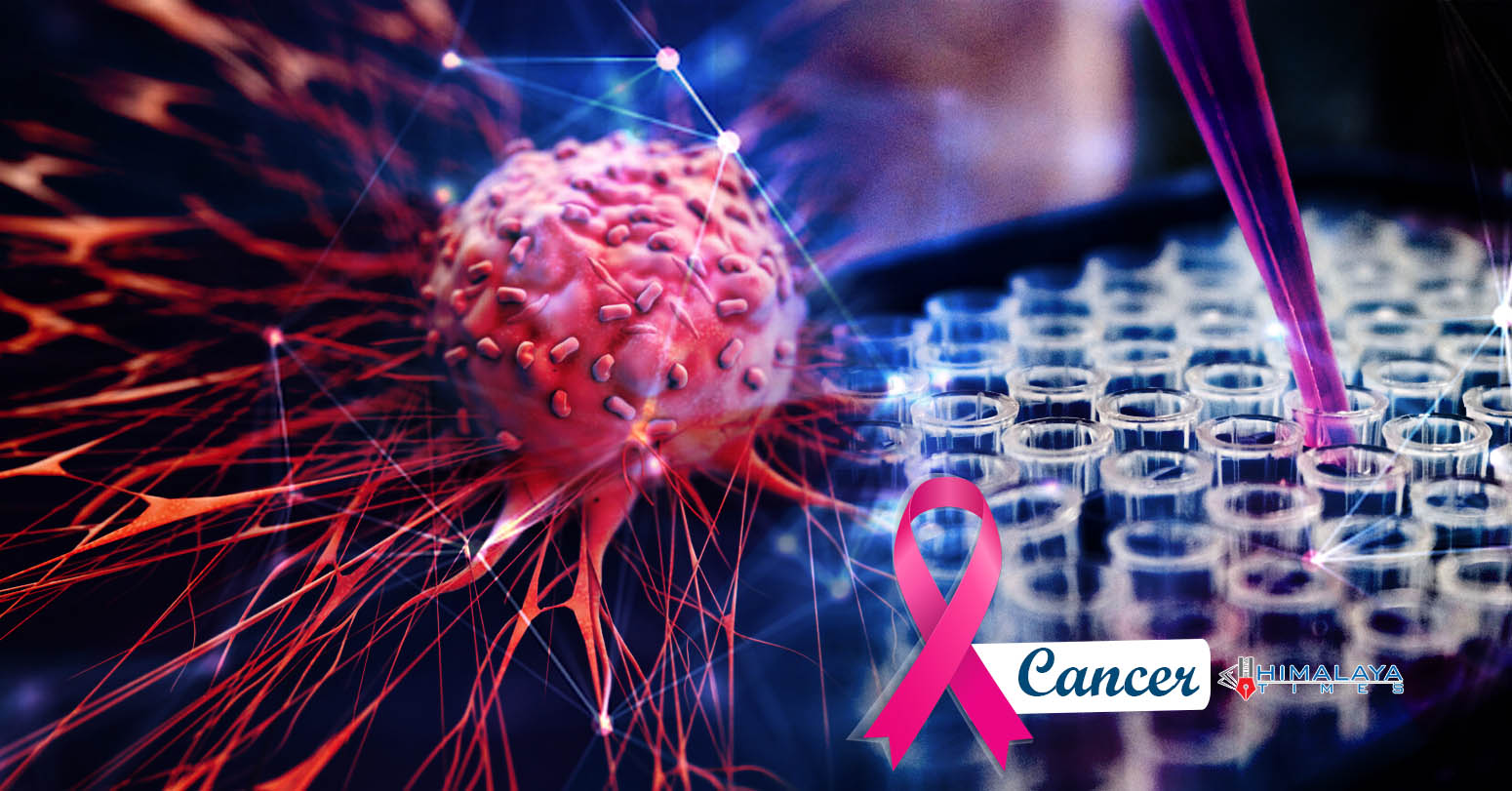

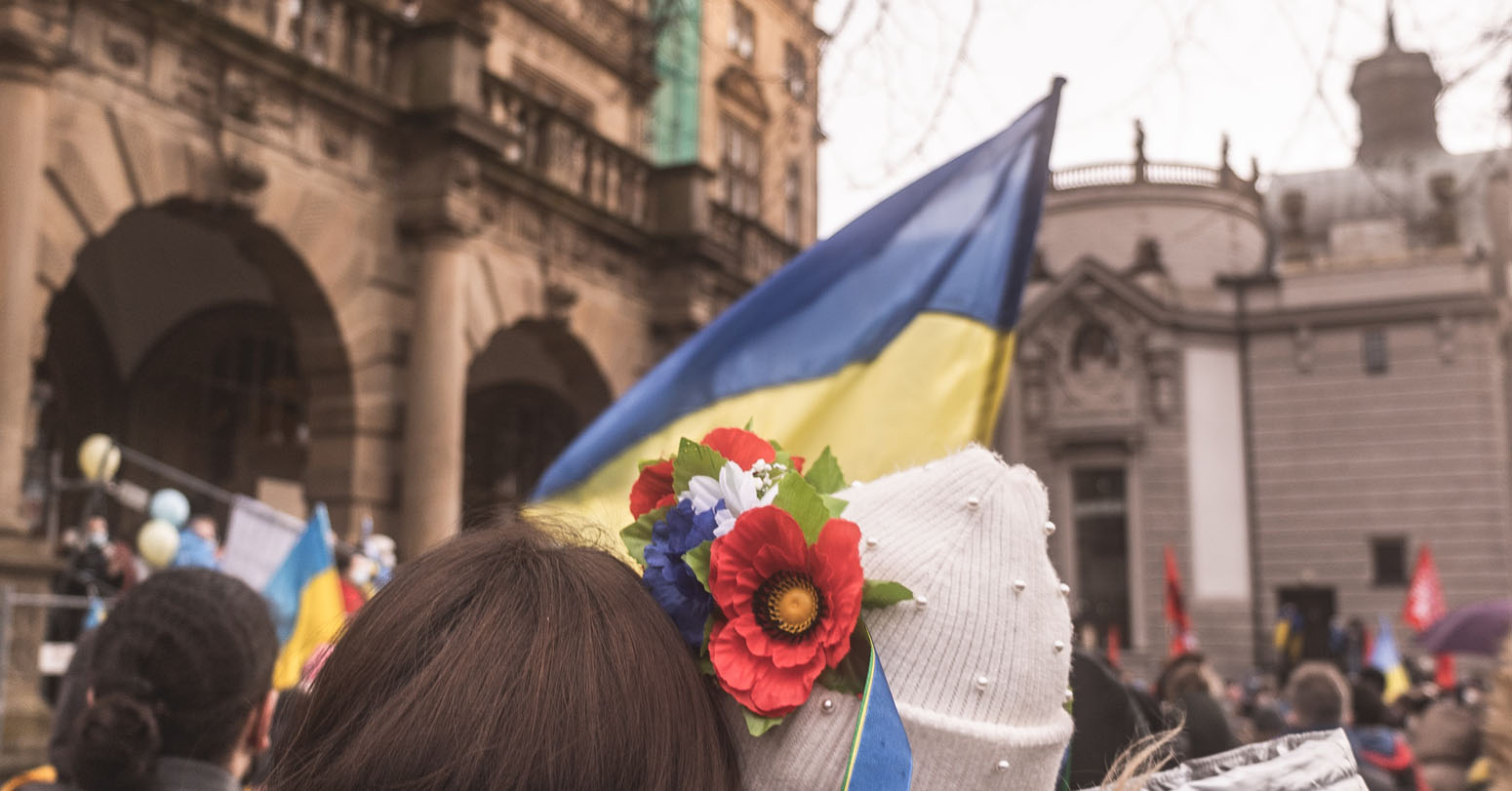
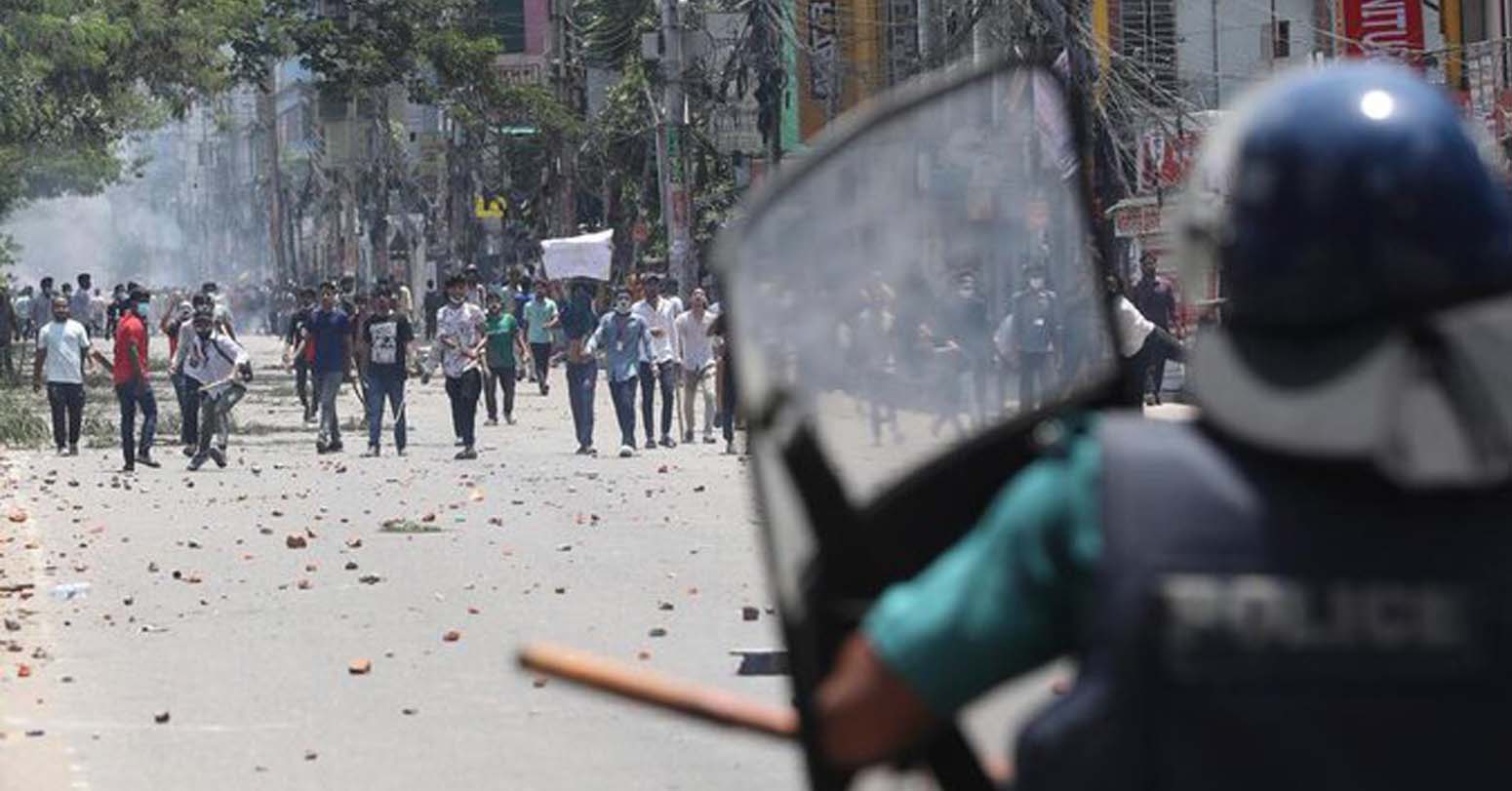
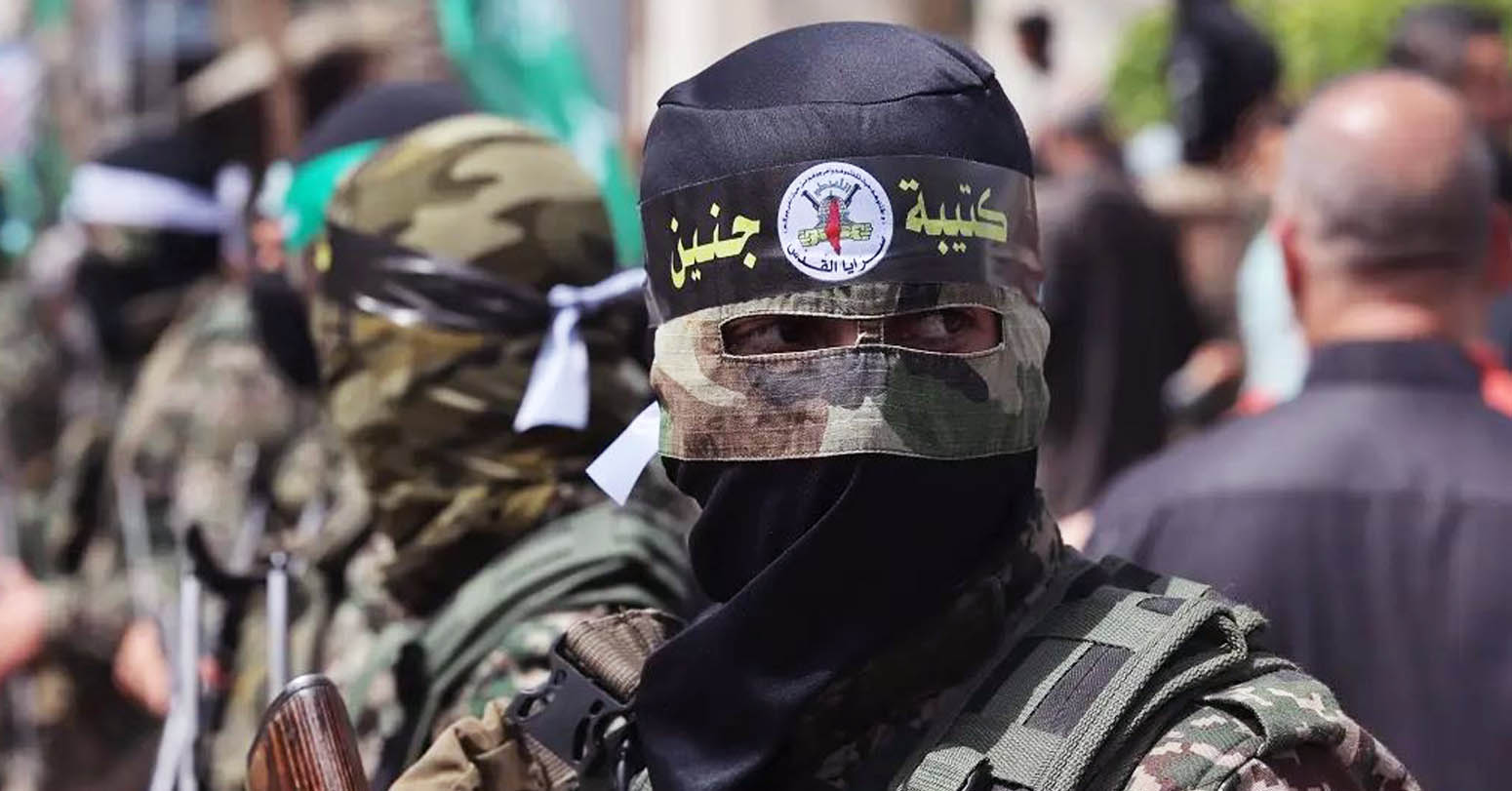

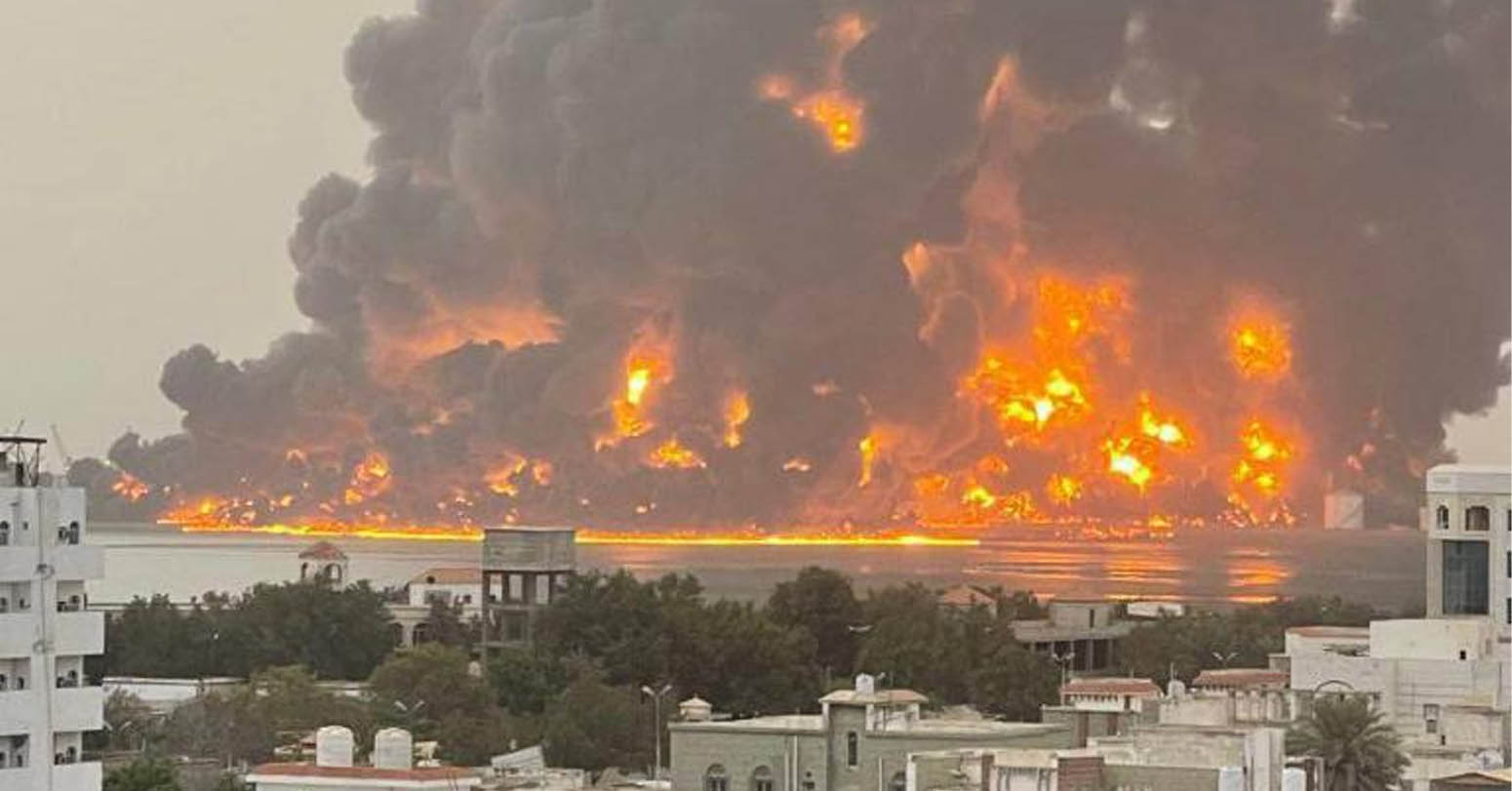
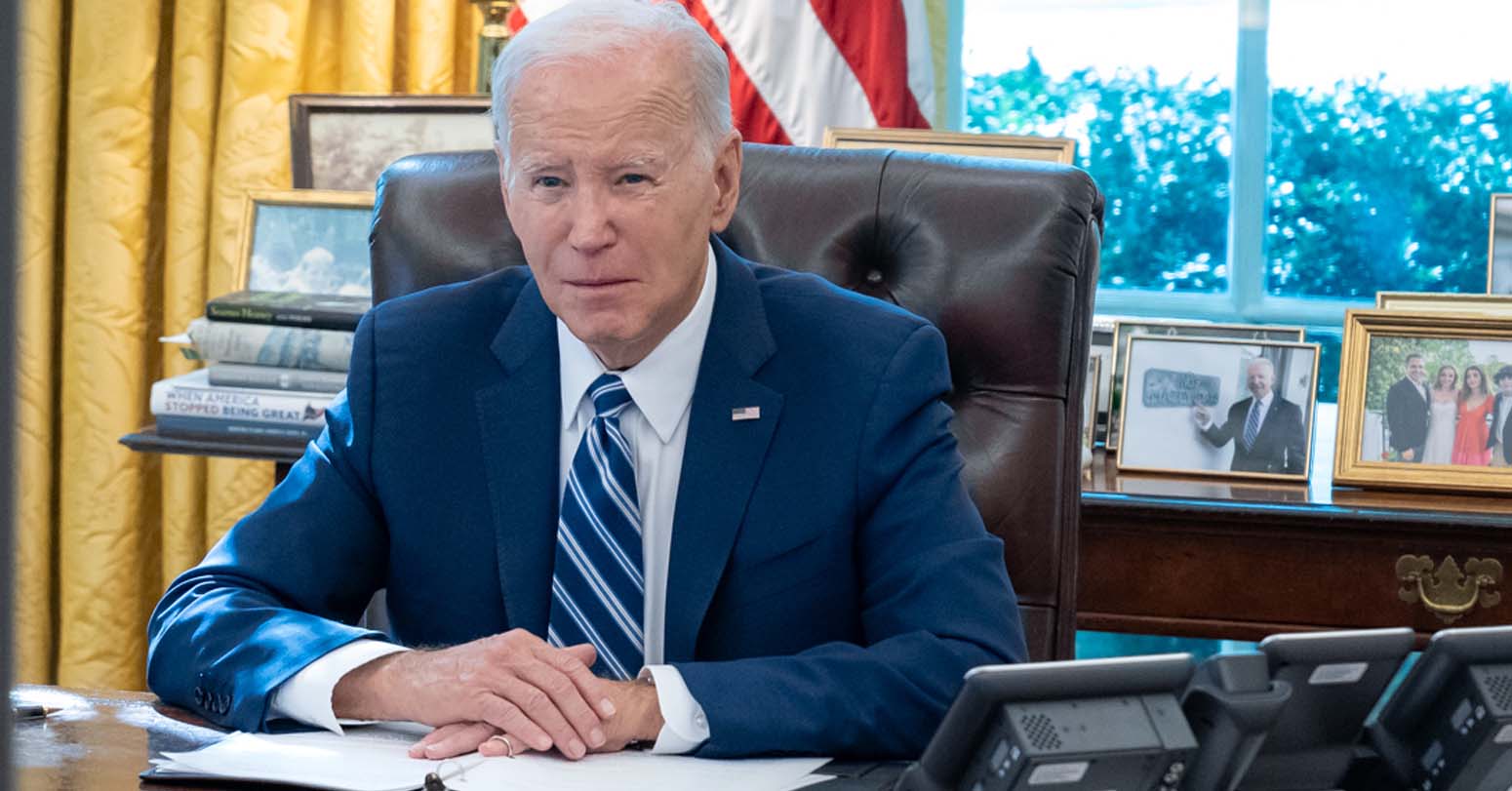

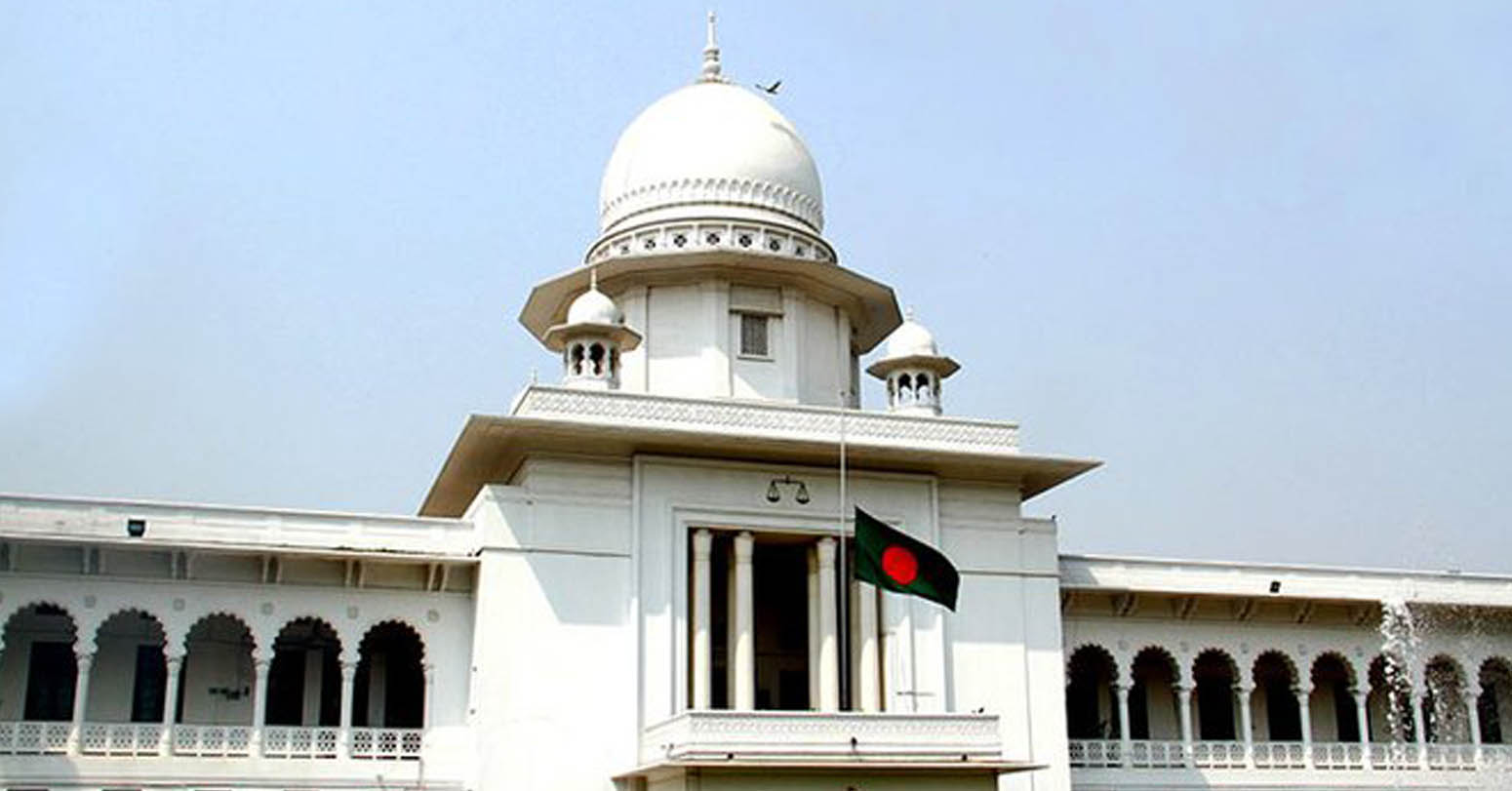
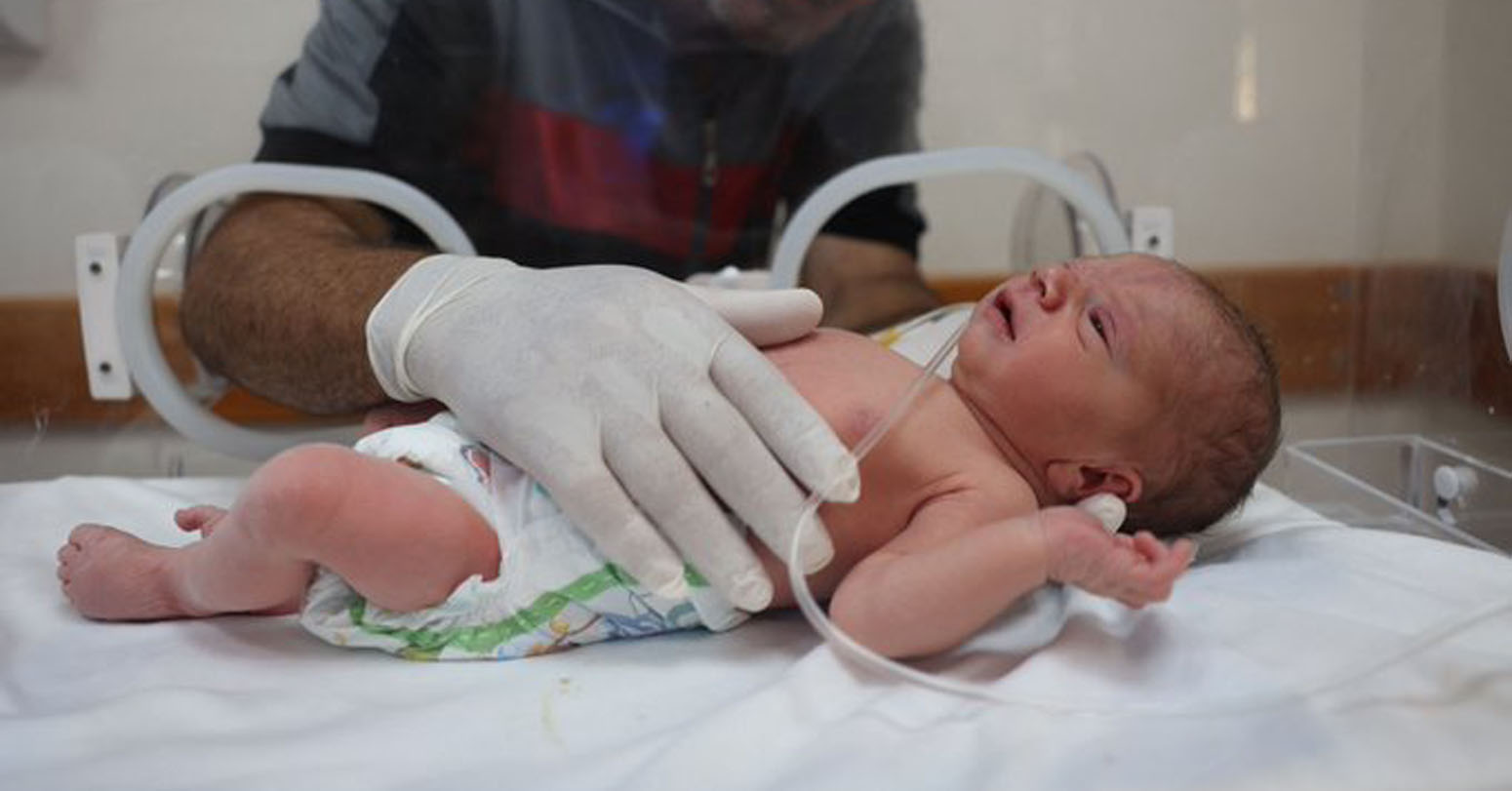
Comprehensive Data Protection Law Critically
Gender Differences In Mental Healthcare
Messi Wins Best FIFA Men’s
Erosion of Democracy
Fly Dubai Catches Fire in
“Complexities of the South Asian